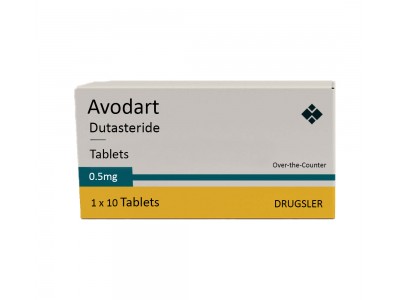Dutasteride is considered highly effective for treating hair loss, particularly in cases of androgenetic alopecia, commonly known as male pattern baldness. It works by inhibiting the activity of both types of the enzyme 5-alpha-reductase, which converts testosterone into dihydrotestosterone (DHT). Elevated levels of DHT are associated with hair follicle miniaturization and hair loss in genetically predisposed individuals.
Clinical studies have shown that dutasteride can significantly increase hair count and improve hair appearance in men with androgenetic alopecia. Compared to finasteride, another 5-alpha-reductase inhibitor that only inhibits one type of the enzyme, dutasteride is often found to be more potent. This increased potency is attributed to its ability to reduce DHT levels more effectively, leading to better hair regrowth and slower progression of hair loss.
In a notable study, men who took dutasteride experienced substantial improvement in hair growth after six months, with many continuing to see positive results with prolonged use. The study indicated that dutasteride was more effective than finasteride in promoting hair regrowth and preventing further hair loss.
However, the effectiveness of dutasteride can vary among individuals, and some may respond better than others. Factors such as the extent of hair loss, duration of the condition, and individual sensitivity to DHT can influence the outcomes. It's also important to consider potential side effects, which can include decreased libido, erectile dysfunction, and gynecomastia (breast enlargement in men). These side effects are generally rare but can be significant for some users.
For women, particularly those of childbearing age, dutasteride is not typically recommended due to the potential risk of birth defects. In some cases, it might be prescribed off-label for postmenopausal women with androgenetic alopecia, but this use requires careful medical supervision.
Overall, dutasteride is a potent and effective treatment for male pattern hair loss, often showing better results than finasteride. Individuals considering this medication should consult with a healthcare provider to weigh the benefits and risks, ensure it is appropriate for their condition, and receive guidance on proper use.

